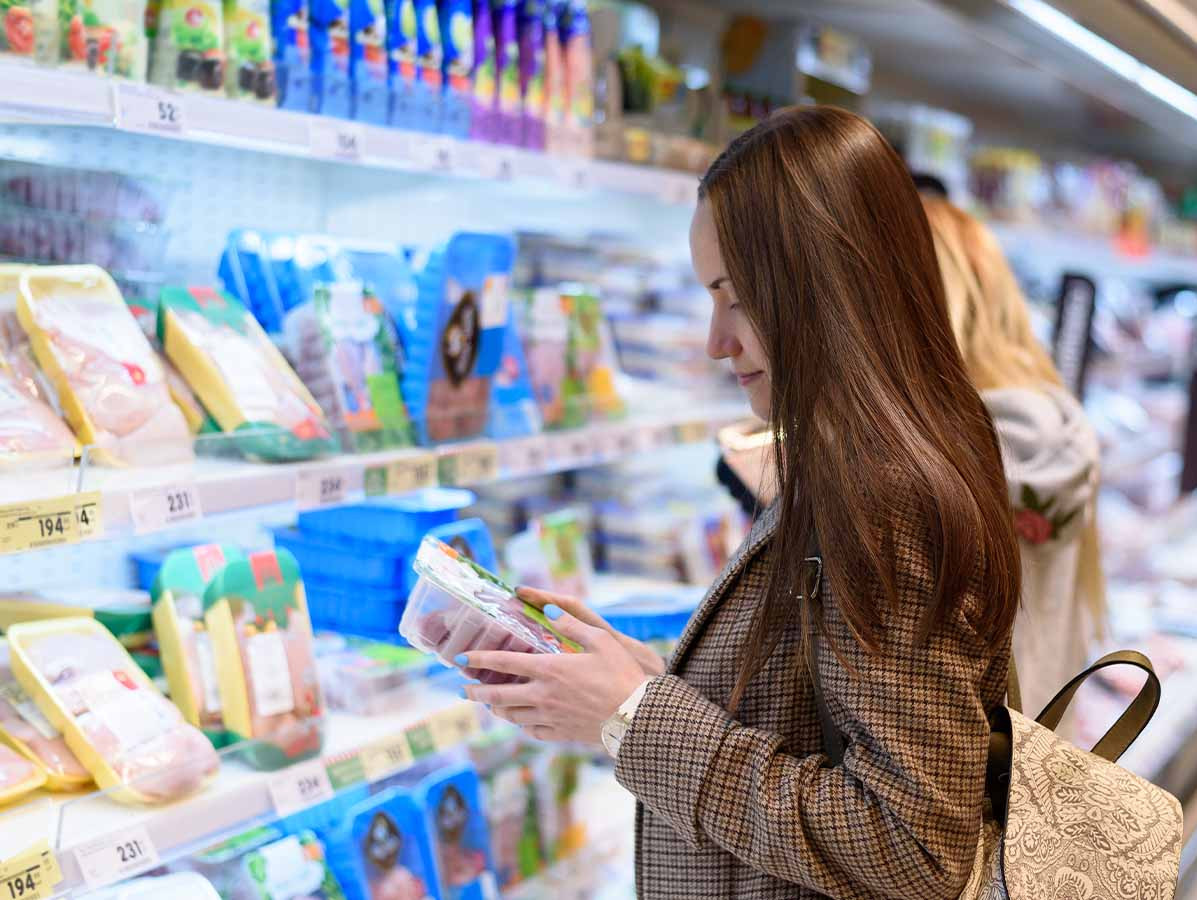
Dutch supermarkets have taken a significant step in the protein transition. For the first time, they have collectively published the ratio of plant-based to animal proteins in their sold products. This survey reveals that 39.7% of the proteins are plant-based and 60.3% animal-based. Participating supermarkets include Aldi, Dirk, Ekoplaza, Jumbo, Lidl, and Plus. This initiative was undertaken in collaboration with the Green Protein Alliance and ProVeg Nederland, commissioned by the Ministry of Agriculture, Nature and Food Quality.
This joint survey marks a notable milestone in the protein transition in the Netherlands. According to Freya Hiemstra of ProVeg, this initiative demonstrates that supermarkets are taking responsibility for a more plant-based diet. Nearly all involved supermarkets aim to achieve a ratio of 60% plant-based to 40% animal proteins by 2030. This goal aligns with the advice from the Health Council and exceeds current average Dutch consumption patterns.
It also appears that a substantial majority of the Dutch population is open to more plant-based food. Research from Kieskompas indicates that Dutch people favor a diet with 57% plant-based against 43% animal proteins.
Supermarkets face the challenge of shifting the protein ratio from 40/60 to 60/40 within six years. This process is underway, with supermarkets taking targeted actions. For example, Jumbo is ceasing meat promotions to meet their targets. Lidl and Plus are experimenting with meat substitutes, while Aldi and Dirk are sharpening their goals. Ekoplaza is ahead with an already higher proportion of plant-based proteins.
Jessie van Hattum from the Green Protein Alliance emphasizes the importance of repeated measurements and collaboration with caterers to gain a more complete picture of the protein transition in the Netherlands. These insights could also assist the government in achieving the cabinet goal of a 50/50 ratio by 2030.
The Eiweet methodology has been crucial for this measurement. Developed by the supermarkets in collaboration with NGOs, it tracks the sale of both animal and plant-based proteins. Interestingly, only 5% of the sold proteins are from typical plant-based sources like legumes and nuts. The majority of plant-based proteins purchased by consumers come from products such as bread, rice, vegetables, and fruit.
While some supermarkets, like Albert Heijn, still use their own methodologies, there is a general trend towards uniform measurement methods. This ensures transparency and enables supermarkets to take focused action in their range and marketing.
This article demonstrates that supermarkets are actively engaged in the protein transition. It provides a clear view of the current situation and the ambitious steps that need to be taken. The coming years will show how achievable these goals are.
Check out the Eiweet monitor.
Source: ProVeg